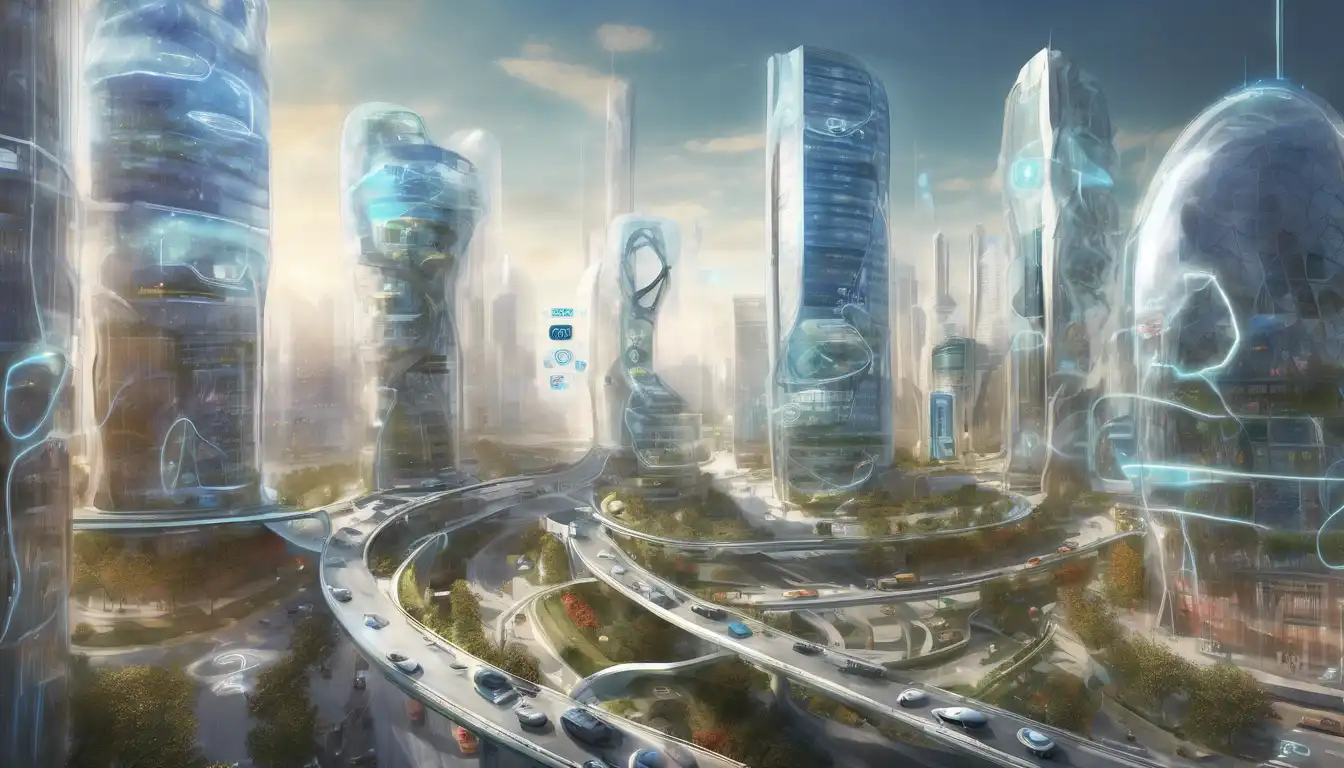The Role of IoT in Shaping Smart Cities
The Internet of Things (IoT) is revolutionizing the way we live, work, and interact with our urban environments. By embedding sensors and smart devices throughout city infrastructures, IoT technology is enabling smarter, more efficient, and sustainable urban living. This article delves into the transformative potential of IoT in smart cities, highlighting key benefits, challenges, and future prospects.
Key Benefits of IoT in Smart Cities
IoT technology offers a myriad of benefits for smart cities, including:
- Enhanced Efficiency: IoT devices can optimize traffic flow, reduce energy consumption, and streamline waste management, leading to more efficient city operations.
- Improved Public Safety: Smart surveillance and emergency response systems can significantly enhance the safety and security of urban residents.
- Sustainability: By monitoring environmental conditions and managing resources more effectively, IoT can help cities reduce their carbon footprint and move towards greener futures.
- Better Quality of Life: From smart lighting to intelligent transportation systems, IoT innovations are making urban living more convenient and enjoyable.
Challenges Facing IoT Implementation
Despite its potential, the integration of IoT into smart cities is not without challenges. These include:
- Privacy Concerns: The widespread use of sensors and data collection raises significant privacy issues that must be addressed.
- Security Risks: IoT devices are vulnerable to cyberattacks, necessitating robust security measures to protect sensitive data.
- High Costs: The initial investment for IoT infrastructure can be substantial, posing a barrier for some cities.
- Interoperability: Ensuring that diverse IoT systems and devices can communicate and work together seamlessly is a critical challenge.
Future Prospects of IoT in Smart Cities
Looking ahead, the future of IoT in smart cities is bright, with advancements in AI and machine learning further enhancing the capabilities of IoT devices. Innovations such as autonomous vehicles and smart grids are set to redefine urban landscapes, making cities more livable, resilient, and sustainable. As technology continues to evolve, the possibilities for IoT in smart cities are virtually limitless.
For more insights into how technology is transforming urban environments, check out our articles on urban development and sustainable cities.
Conclusion
The integration of IoT into smart cities represents a pivotal shift in how we conceptualize and manage urban spaces. While challenges remain, the potential benefits of IoT—ranging from improved efficiency and safety to enhanced sustainability and quality of life—are undeniable. As we move forward, it is clear that IoT will play a central role in the evolution of smart cities, shaping the future of urban living for generations to come.
